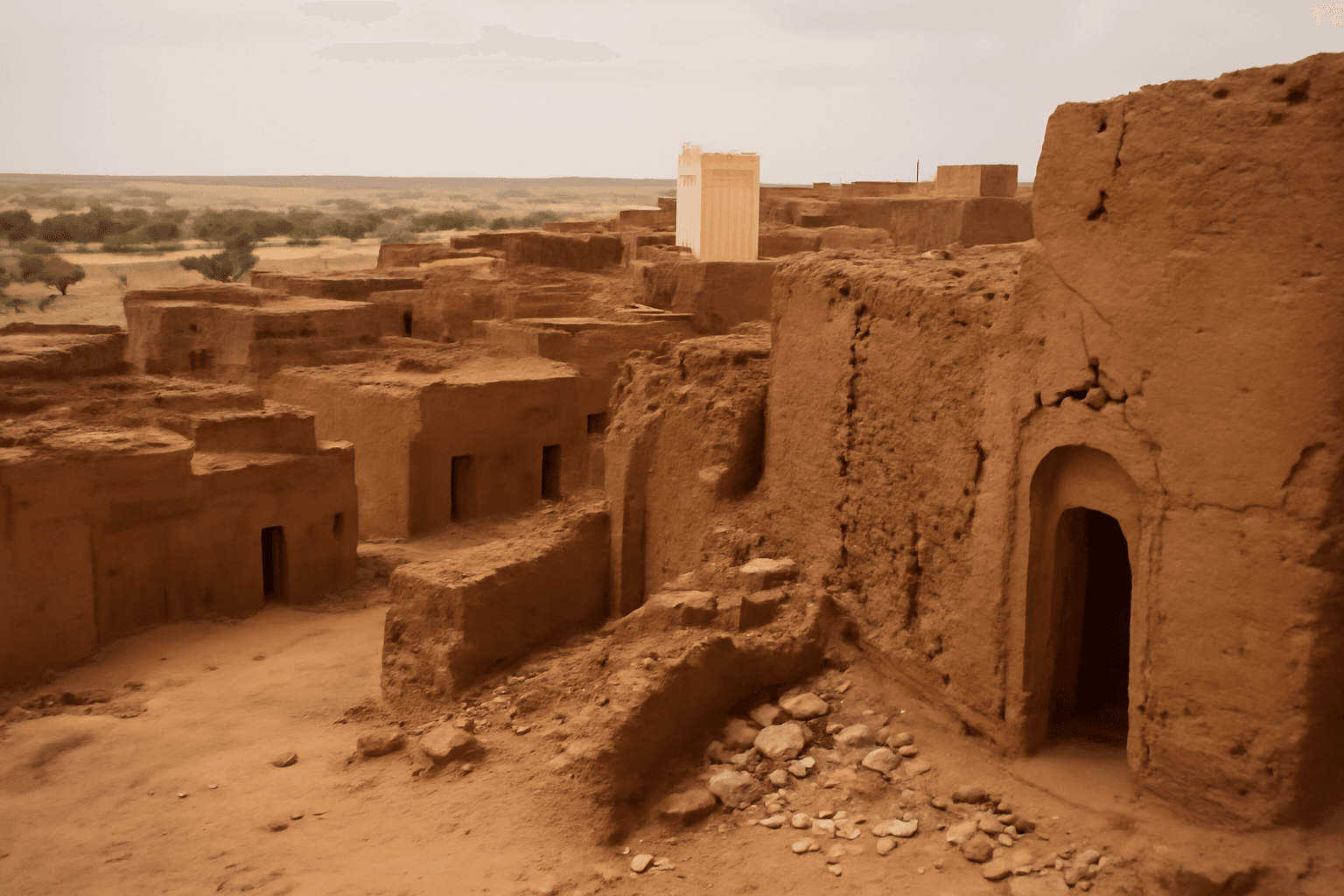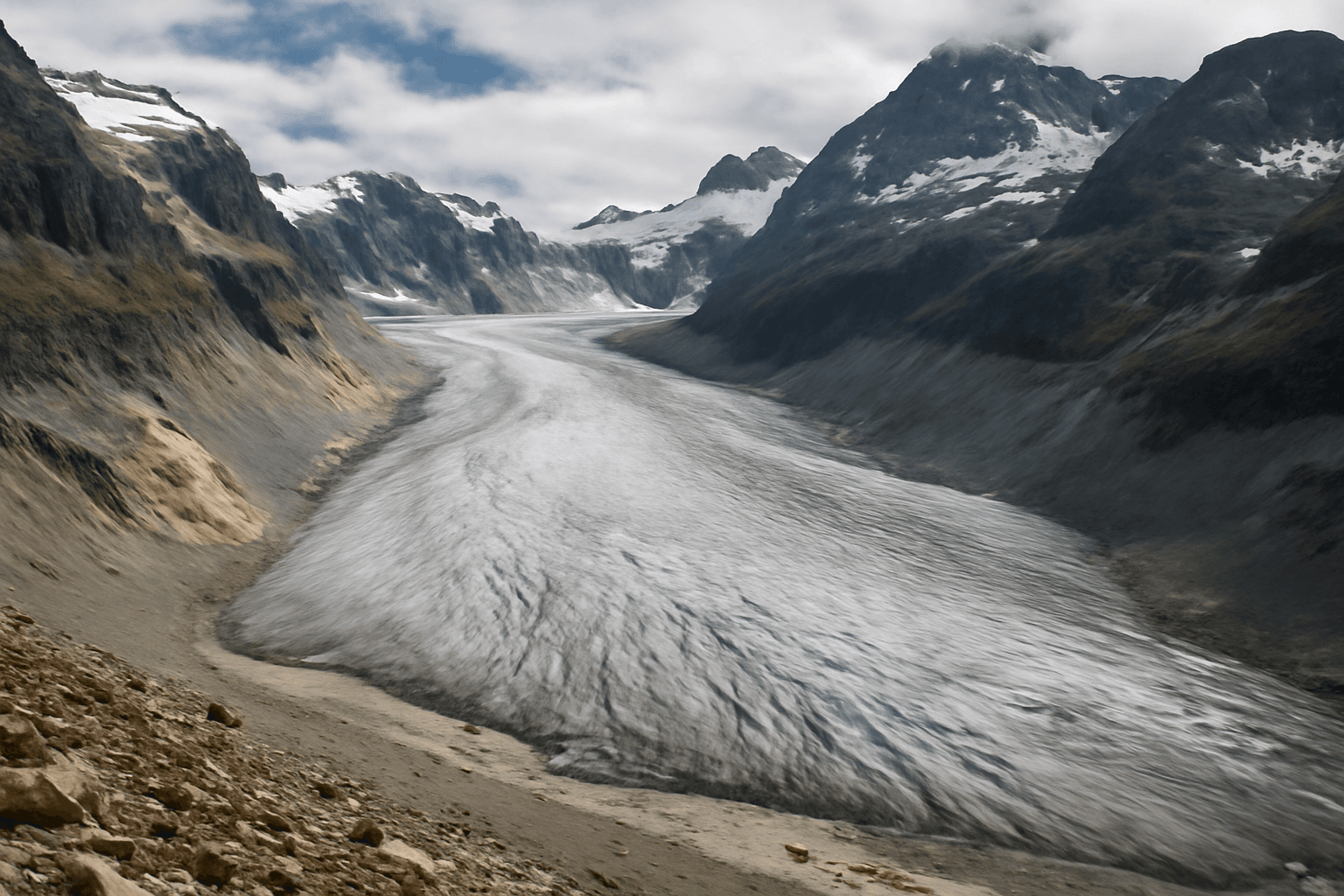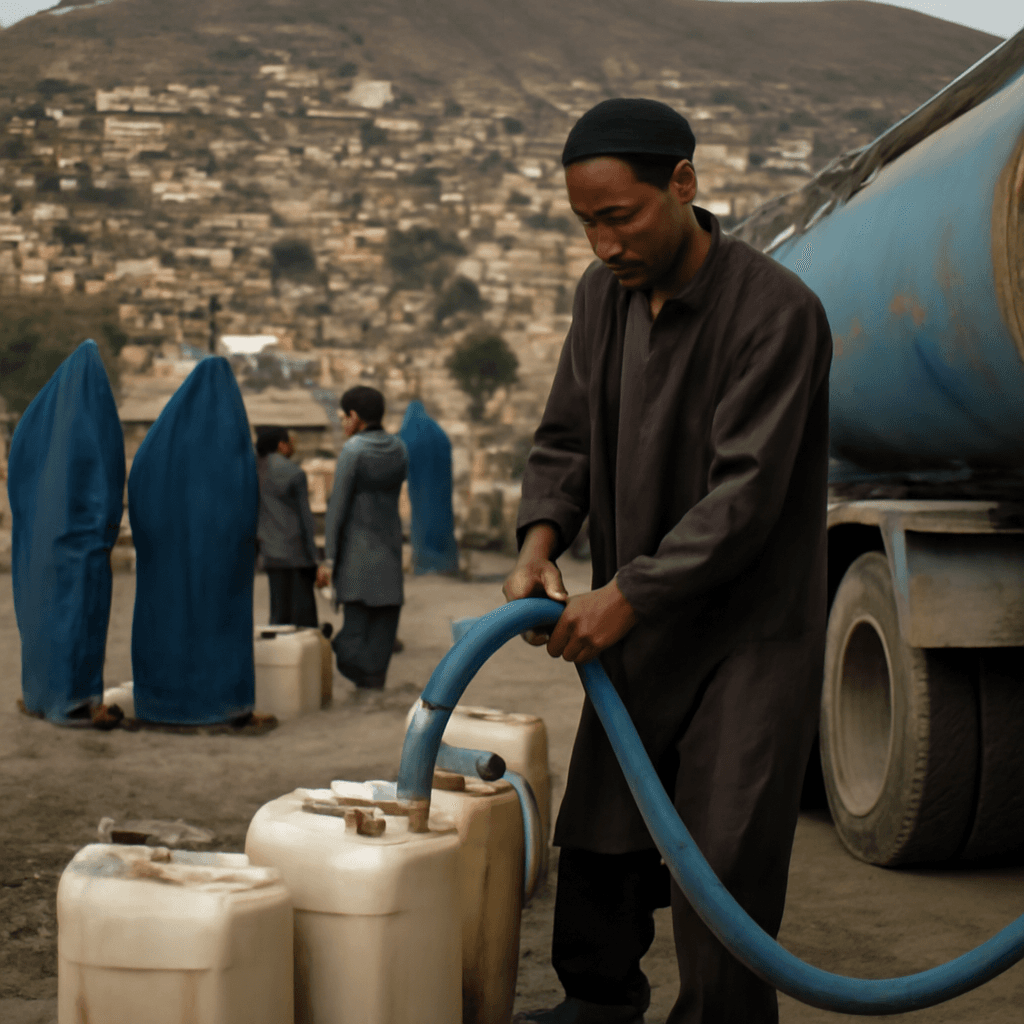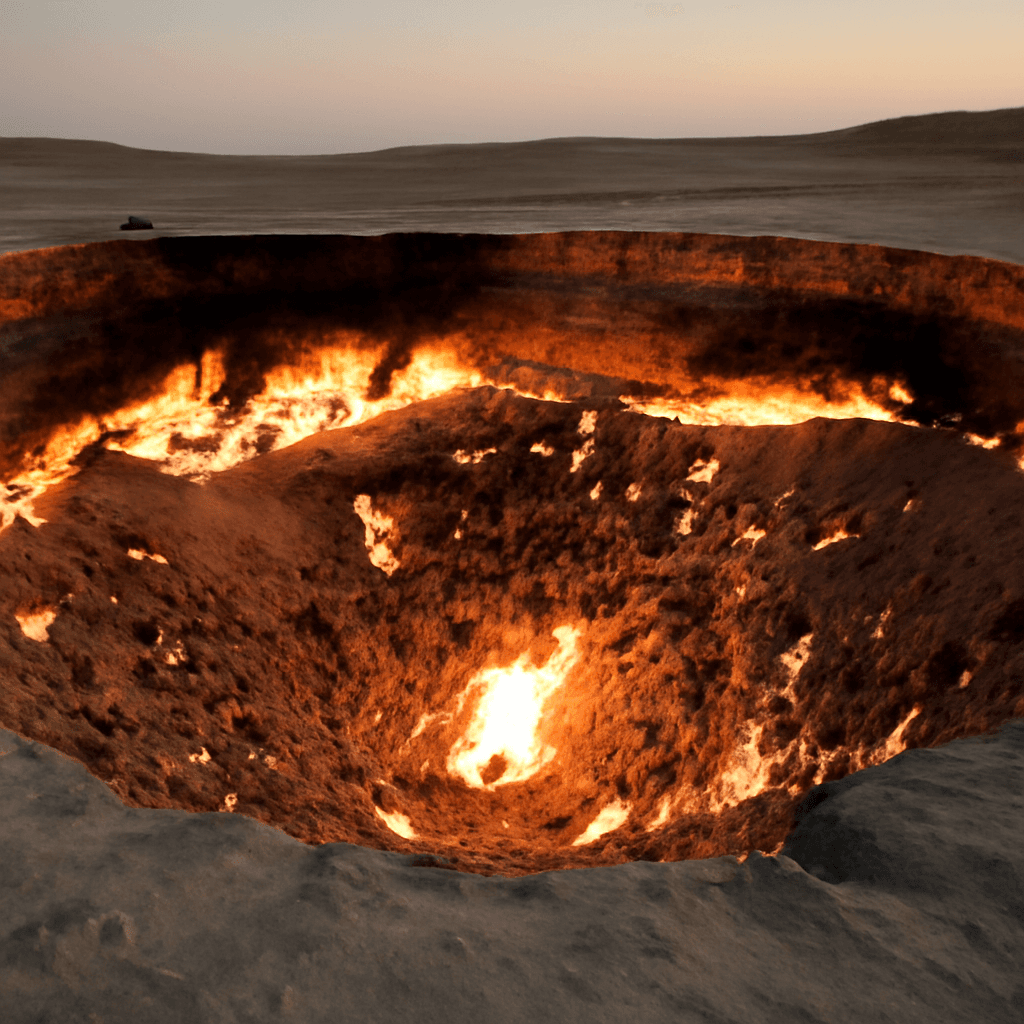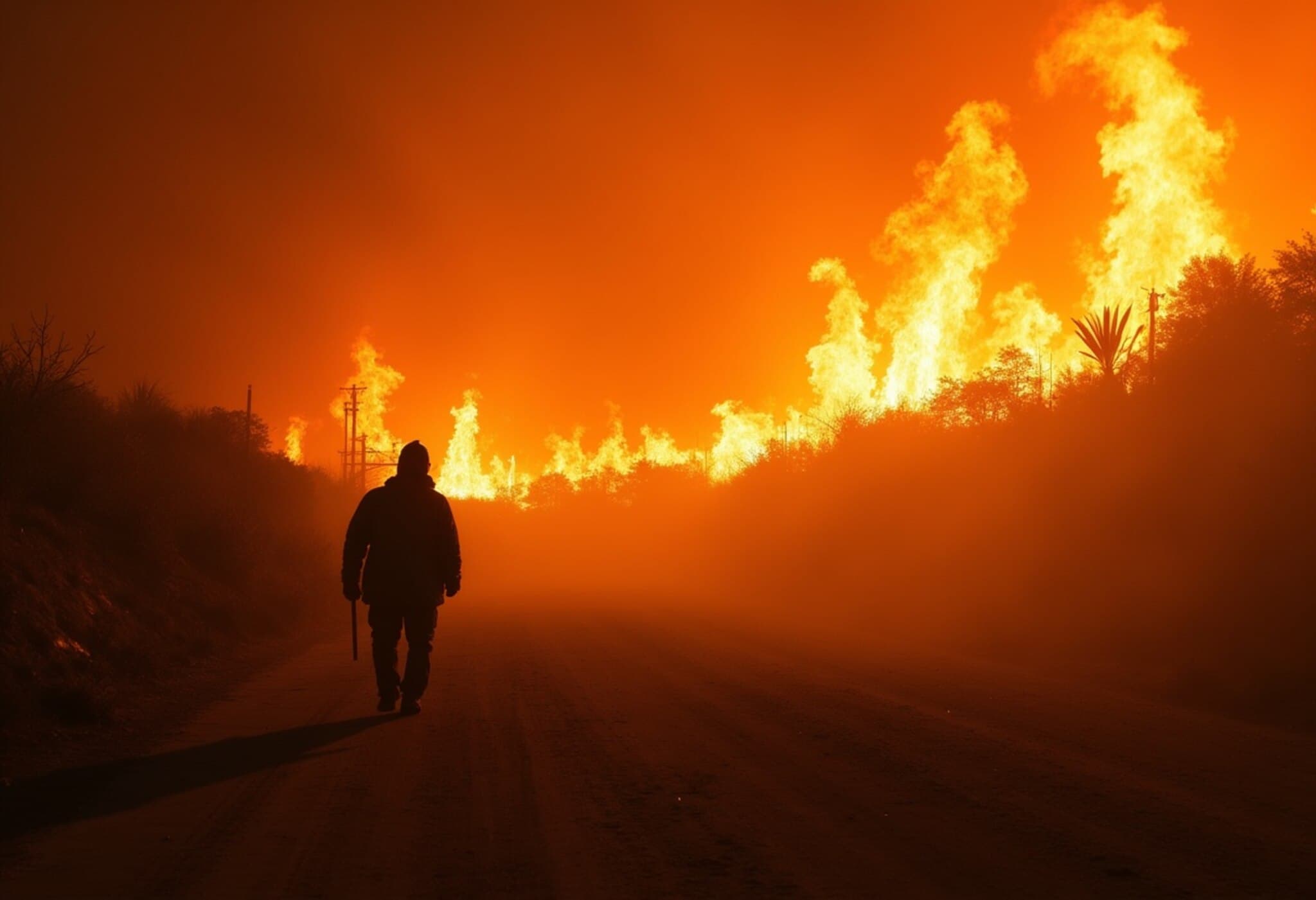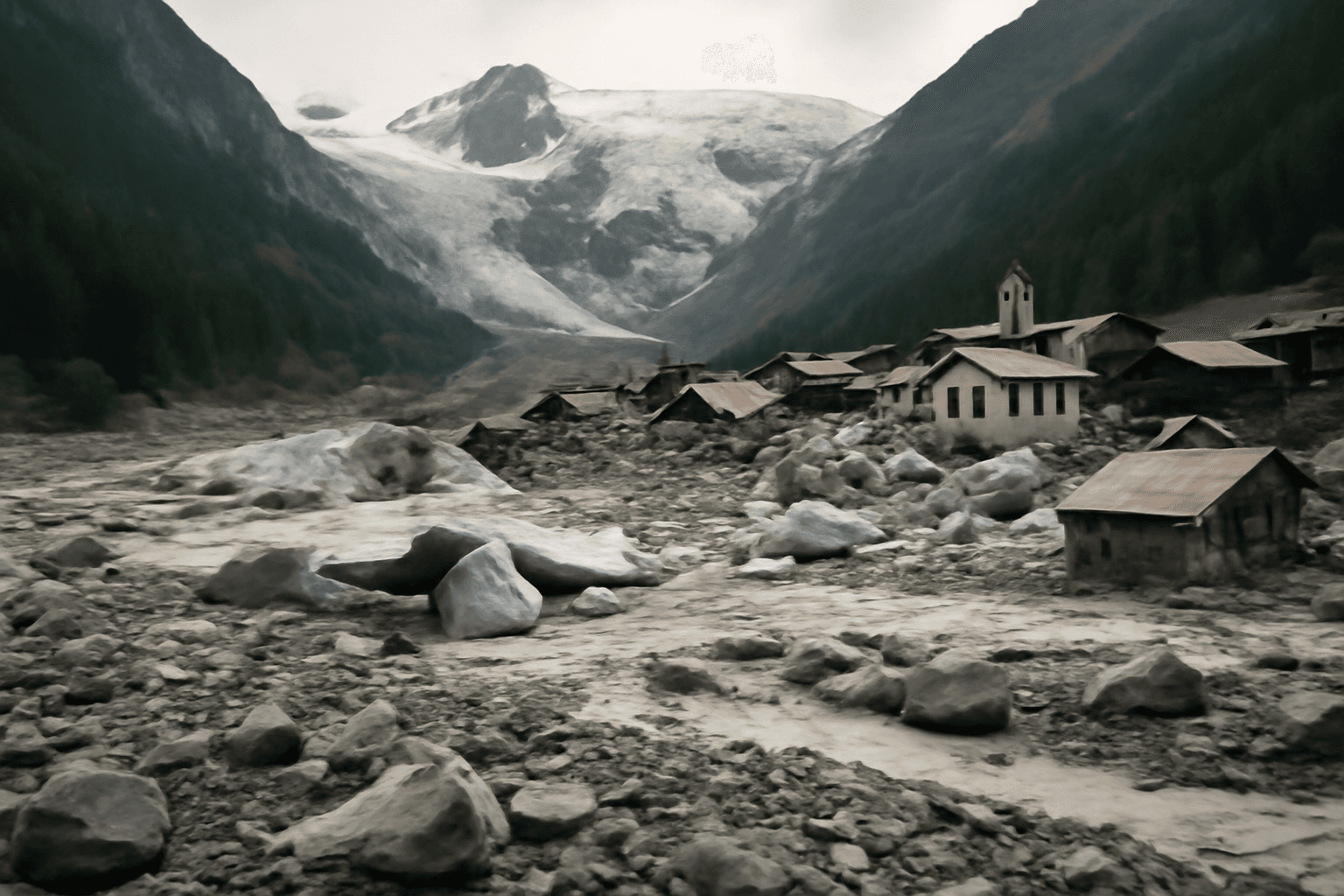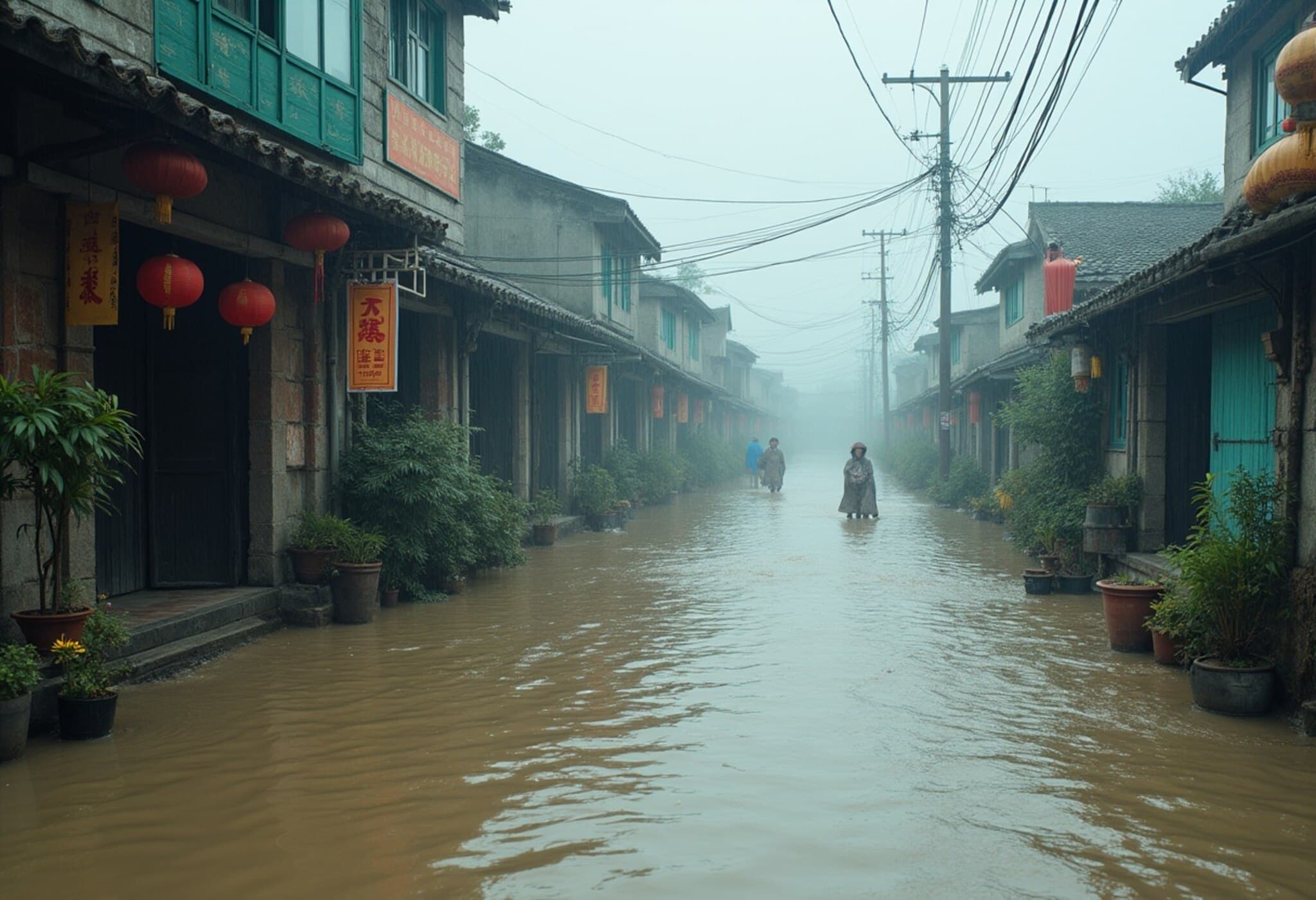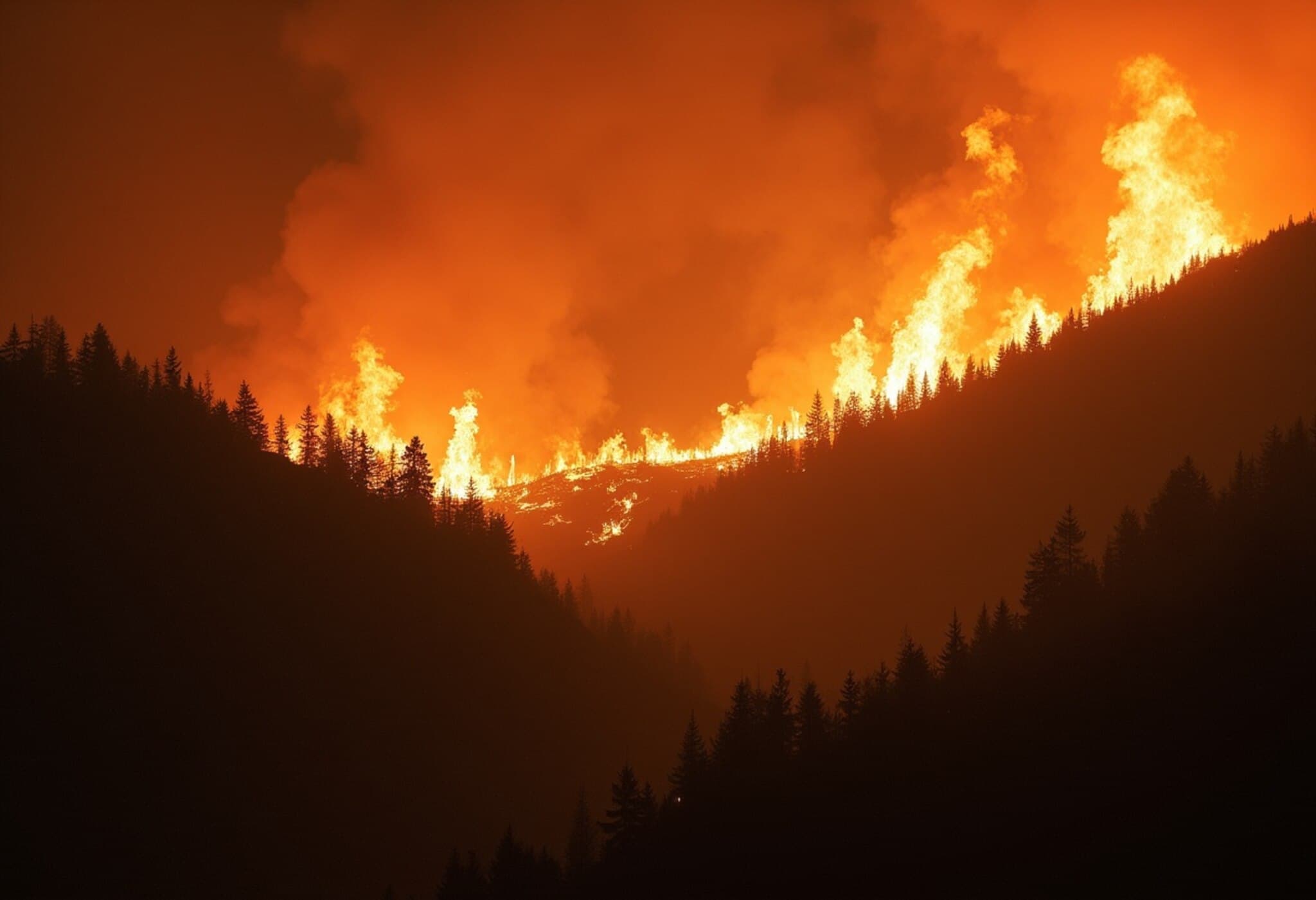Nouakchott, Mauritania: The historic town of Oualata, a UNESCO World Heritage site, faces severe threats from the advancing Sahara Desert and changing climate conditions. Once a thriving medieval trading and religious hub, Oualata now struggles with desertification and the decline of its population.
Oualata is part of a quartet of ancient fortified towns known as "ksour" that were vibrant centers of commerce and Islamic learning during the Middle Ages. The town is renowned for its distinctive architecture, including acacia wood doors adorned with traditional decorative motifs, and valuable manuscripts preserved in family libraries.
However, the harsh climate of southeastern Mauritania has taken a toll. Recent heavy rains have damaged many of the mudbrick — locally called banco — structures, causing some to collapse. The exodus of residents seeking employment elsewhere has left many historic buildings abandoned and vulnerable to deterioration.
"Oualata is covered in sand everywhere," said Sidi Mohamed Lemine Sidiya, a member of a national foundation dedicated to preserving Mauritania’s ancient towns. The region suffers from widespread desertification, which affects approximately 80% of Mauritania's land, driven by climate change and unsustainable land use practices.
The town’s mosque and other historic sites have been repeatedly buried under sand dunes over the decades. Efforts to combat desertification, including tree planting around the town, have provided some relief but have not reversed the encroachment.
Oualata’s preserved manuscripts represent nearly a millennium of Islamic scholarship and cultural heritage. Mohamed Ben Baty, an imam and custodian of a family library containing 223 manuscripts dating back to the 14th century, highlights the fragile state of these documents. Many suffer from water damage due to leaky roofs and inadequate preservation methods. Past initiatives, such as a library restoration project funded by Spain in the 1990s, digitized over 2,000 texts, but current funding shortages hinder ongoing conservation.
Despite its rich heritage, Oualata lacks tourism infrastructure, with no hotels and limited accessibility, compounded by regional security concerns. Annual festivals and preservation efforts continue, aiming to raise funds and awareness to support restoration and retain the local population.
After sunset, the town briefly revives as children fill the streets, offering a glimpse of Oualata's enduring spirit amidst its environmental and socioeconomic challenges.

